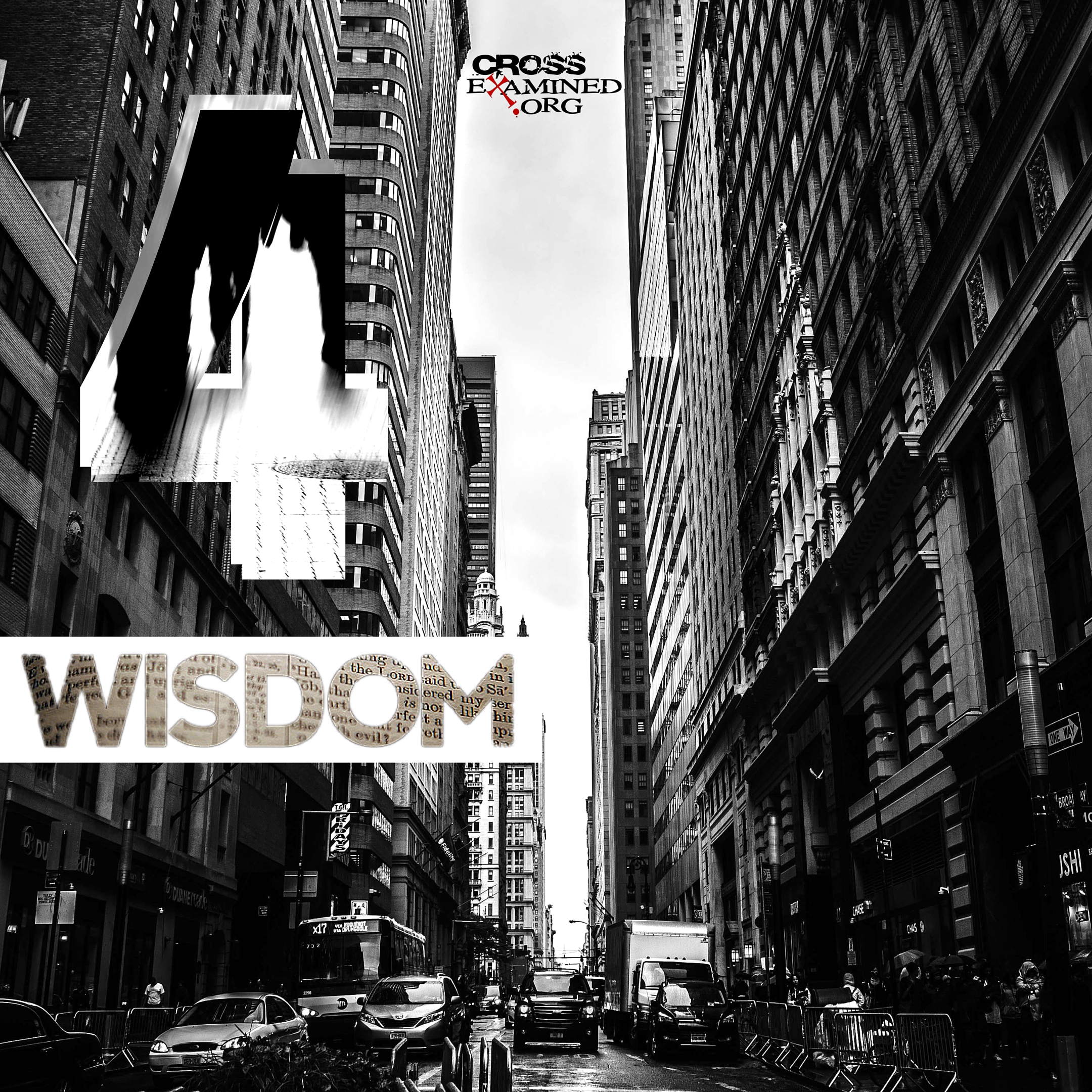The Wisdom Chronicle
The Wisdom Chronicle is designed to bring nuggets of wisdom from the dozens of books I read every year. I endeavor to share the best of what I have gleaned. The determination of relevance lies with you. Blessings, J. Whiddon
- CONSISTENCY “A resident in a seaside hotel breakfast room called over the head waiter one morning and said, “I want two boiled eggs, one of them so undercooked it’s runny, and the other so overcooked, it’s about as easy to eat as rubber; also grilled bacon that has been left on the plate to get cold; burnt toast that crumbles away as soon as you touch it with a knife; butter straight from the deep freeze so that it’s impossible to spread; and a pot of very weak coffee, lukewarm.”
“That’s a complicated order, sir,” said the bewildered waiter. “It might be a bit difficult.”
The guest replied, “Oh, but that’s what you gave me yesterday!”
Excerpt From: Hodgin, Michael. “1001 Humorous Illustrations for Public Speaking.”
- PARENT AUTHORITY “The most popular TV shows of the 1960s through the 1980s consistently depicted the parent as the reliable and trusted guide of the child. That was true of The Andy Griffith Show in the 1960s; it was true of Family Ties in the 1980s. But it’s not true today. Looking through the list of the 150 most popular TV shows on American television right now, I did not find one that depicts a parent as consistently reliable and trustworthy.
It’s tough to be a parent in a culture that constantly undermines parental authority. Two generations ago, American parents and teachers had much greater authority. In that era, American parents and teachers taught right and wrong in no uncertain terms. Do unto others as you would have them do unto you. Love your neighbor as yourself. Those were commands, not suggestions.
Today, most American parents and teachers no longer act with such authority. They do not command. Instead, they ask, “How would you feel if someone did that to you?” The command has been replaced by a question.”
Excerpt From: Sax, Leonard. “The Collapse of Parenting.”
- POPULISM From a May 26, 1792, letter from U.S. Treasury Secretary Alexander Hamilton to Virginia official Edward Carrington:
“On the whole, the only enemy which Republicanism has to fear in this Country is in the Spirit of faction and anarchy. If this will not permit the ends of Government to be attained under it—if it engenders disorders in the community, all regular & orderly minds will wish for change—and the demagogues who have produced the disorder will make it for their own aggrandizement. This is the old Story.
If I were disposed to promote Monarchy and overthrow the State Governments, I would mount the hobby horse of popularity—I would cry out usurpation—danger to liberty etc. etc.—I would endeavor to prostrate the National Government—raise a ferment—and then “ride in the Whirlwind and direct the Storm.”
— Wall Street Journal 3-9-16
- PEERS “The more uncertain people are—and the higher the stakes involved—the more vulnerable they are to the sort of cue taking that leads to herd behavior. That’s why teenagers are presumably more likely to succumb to peer pressure than adults. They have less experience to draw upon when evaluating the pros and cons of conforming, and the stakes are higher.”
Excerpt From: Belsky, Gary. “Why Smart People Make Big Money Mistakes and How to Correct Them.”
- TYRANTS “It is in connection with the deliberate effort of the skillful demagogue to weld together a closely coherent and homogeneous body of supporters that the third and perhaps most important negative element of selection enters. It seems to be almost a law of human nature that it is easier for people to agree on a negative program—on the hatred of an enemy, on the envy of those better off—than on any positive task. The contrast between the “we” and the “they,” the common fight against those outside the group, seems to be an essential ingredient in any creed which will solidly knit together a group for common action. It is consequently always employed by those who seek, not merely support of a policy, but the unreserved allegiance of huge masses. From their point of view it has the great advantage of leaving them greater freedom of action than almost any positive program. The enemy, whether he be internal, like the “Jew” or the “kulak,” or external, seems to be an indispensable requisite in the army of a totalitarian leader.”
— Friedrich Hayek, “The Road to Serfdom” (1944)
- MARCH MADNESS “Sports gamblers are fooled by momentum. Colin Camerer, a Caltech professor of behavioral economics, found that winning and losing streaks affected point spreads. Bets placed on teams with winning streaks were more likely to lose, and bets placed on teams with losing streaks were more likely to pay off. In other words, gamblers systematically overvalued teams with winning streaks and undervalued those with losing streaks.
Excerpt From: Tobias Moskowitz & L. Jon Wertheim. “Scorecasting.”
- BIBLE VOTER’S GUIDE For whom should you vote? Read Psalm 15.
— Dave Berry
- WONDERFULLY MADE “Human eyes are composed of more than two million working parts and can, under the right conditions, discern the light of a candle at a distance of fourteen miles. The human ear can discriminate among some 400,000 different sounds within a span of about ten octaves and can make the subtle distinction between music played by a violin or viola. The human heart pumps roughly one million barrels of blood during a normal lifetime, which would fill more than three supertankers.”
Excerpt From: Moreland, J.P. “Love Your God with All Your Mind (15th anniversary repack).”
- I’M OUT ON BOOKS!
– 42% of college grads never read another book after college.
– 80% of US families did not buy or read a book last year.
– Reading one hour per day in your chosen field will make you an international expert in 7 years. (robertbrewer.org)
- ALL THERE IS? “Those who believe that this life is the only reality are likely to be led to one or more of three negative conclusions about life:
1: Hedonism, If this life is all one has, then it is quite logical to live a life devoted to self-gratification.
2: Utopianism. Idealistic people who believe that this life is all there is reject hedonism. But they may embrace a far more dangerous ideology—utopianism, the desire to make heaven on earth. Hence the attraction of utopianism to so many twentieth-century radicals who have rejected Judaism and Christianity.
In light of the hells on earth that secular Utopians have produced, it is clear just how important the deferring of Utopia to a future world is. Had people like the Bolsheviks and millions of other secular radicals not tried to create heaven on earth, they would not have created hell here.
3: Despair. In light of the great physical and emotional pain that so many people experience, what is more, likely to induce despondency than believing that this life is all there is? The malaise felt by so many people living in modern Western society is not traceable to material deprivation but, at least in part, to the despair induced by secularism and its belief that this world is all there is. That is why peasants with religious faith are probably happier than affluent people who have no faith (and why more affluent secularists, not the poor, are generally the ones who start radical revolutions).”
Excerpt From: Prager, Dennis. “Think a Second Time.”




Leave a Reply
Want to join the discussion?Feel free to contribute!